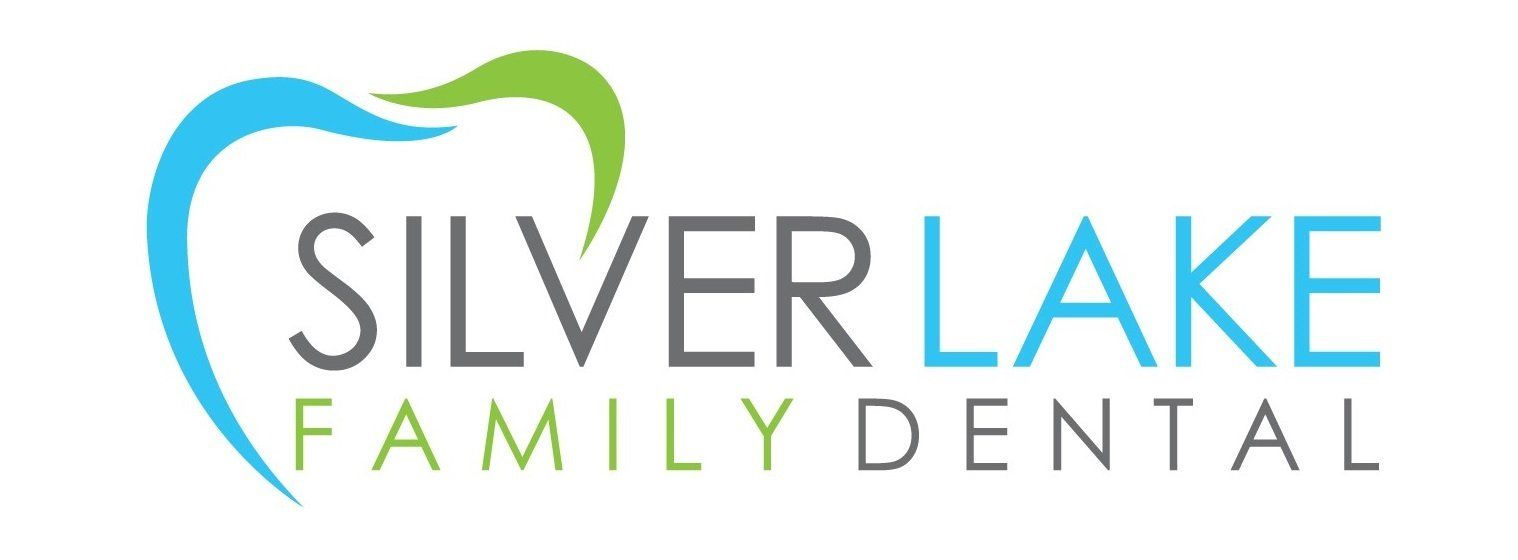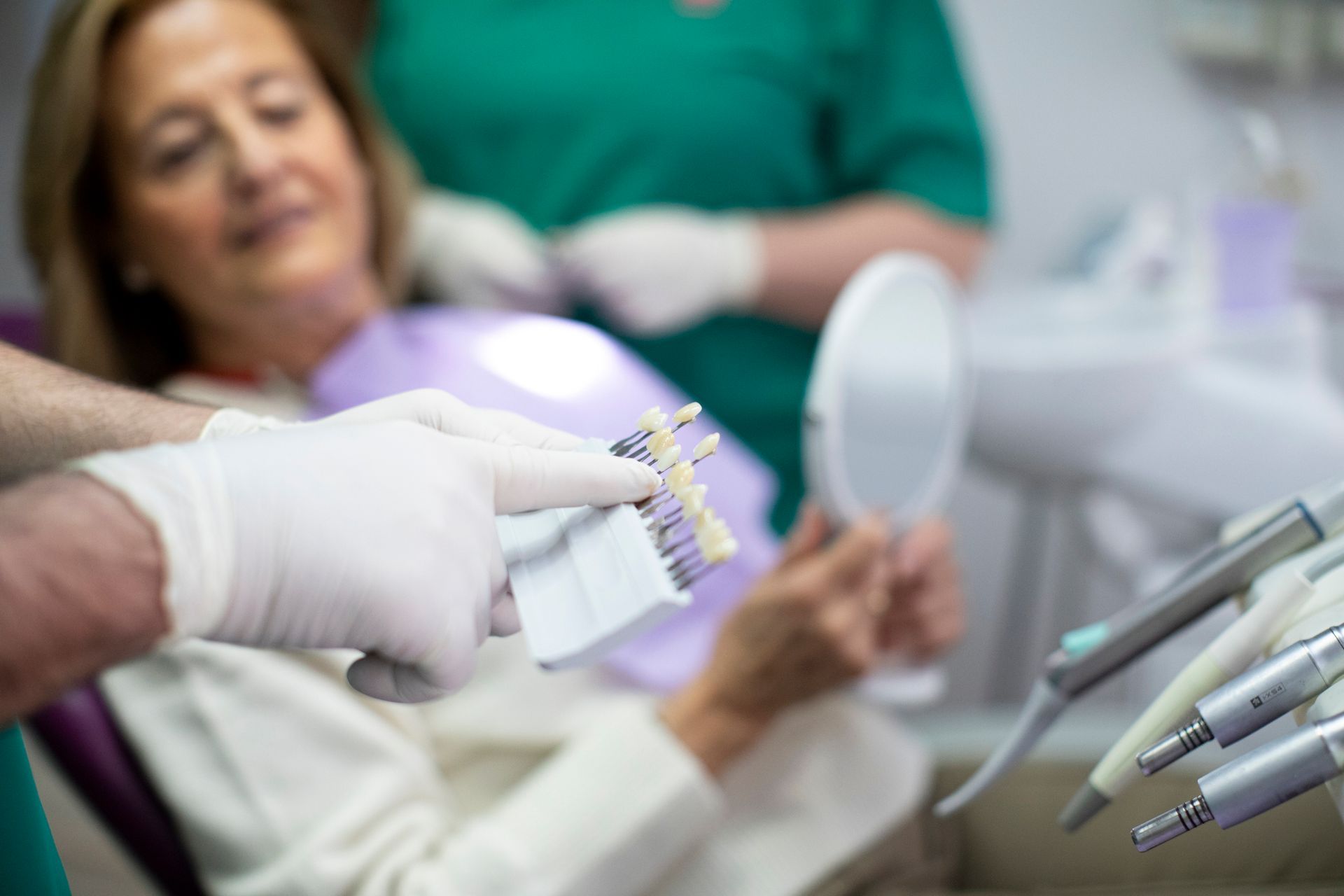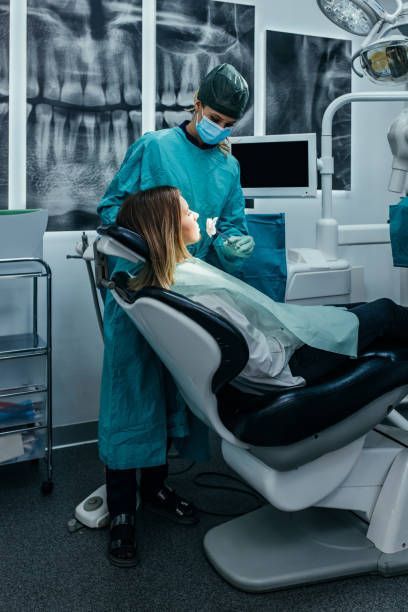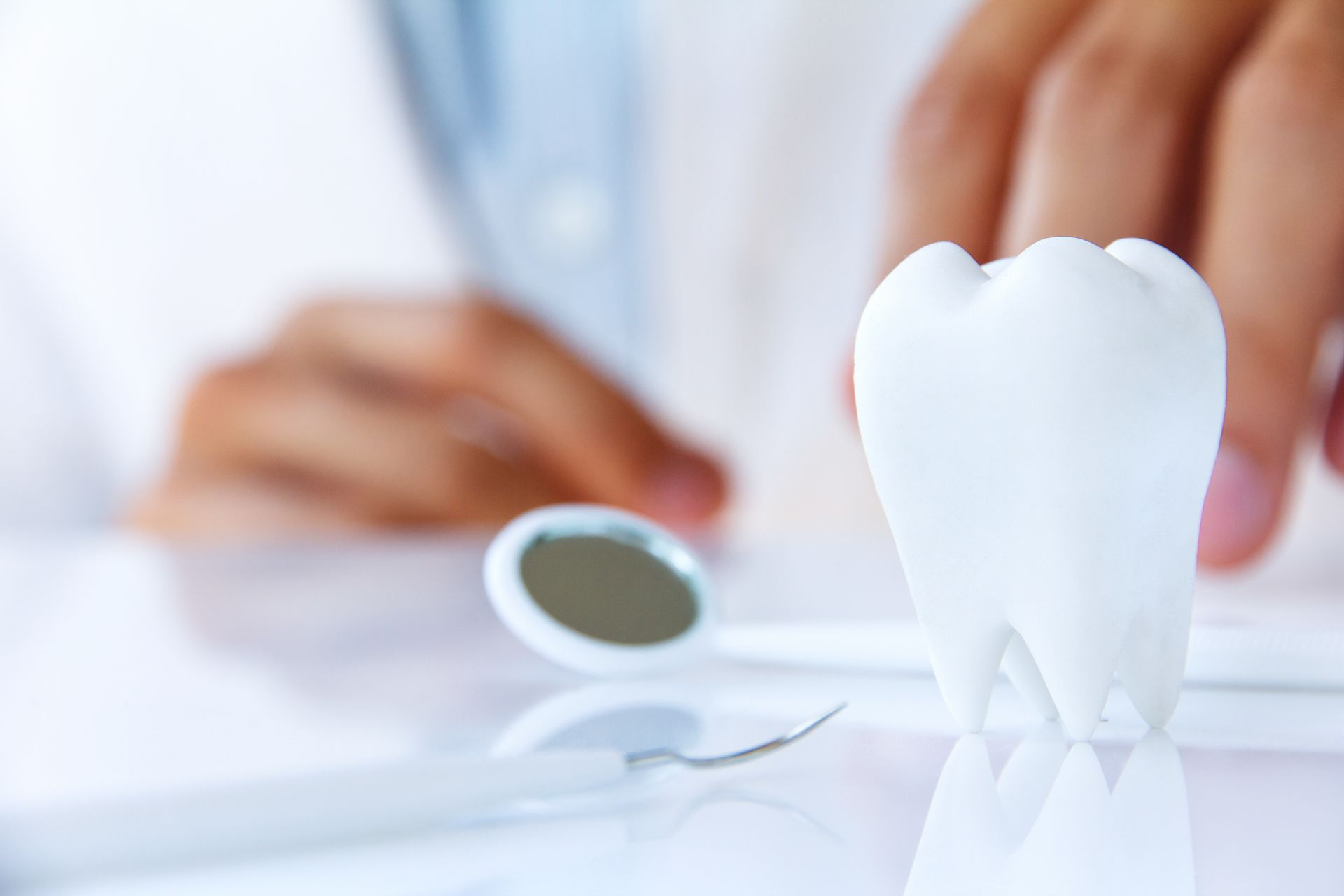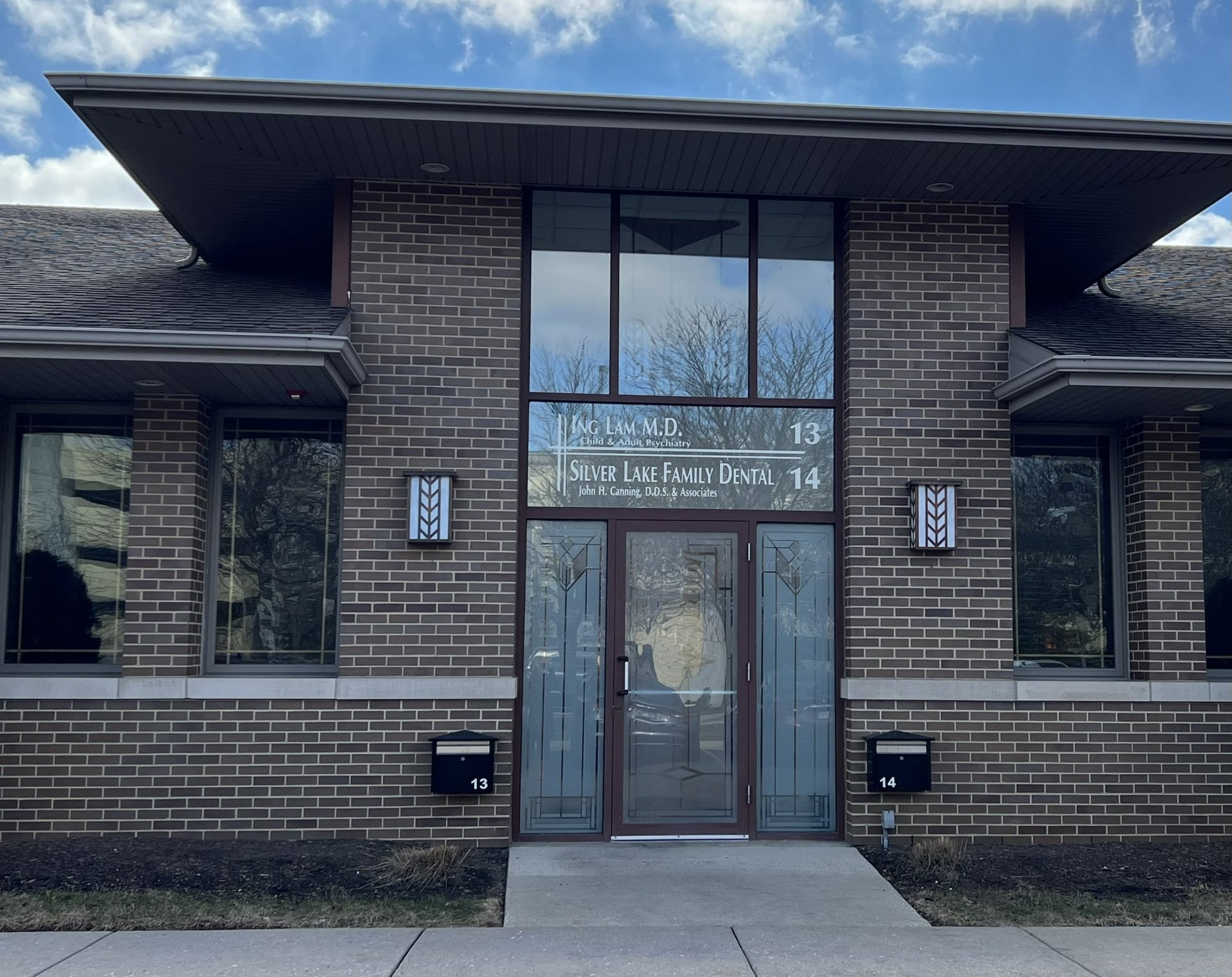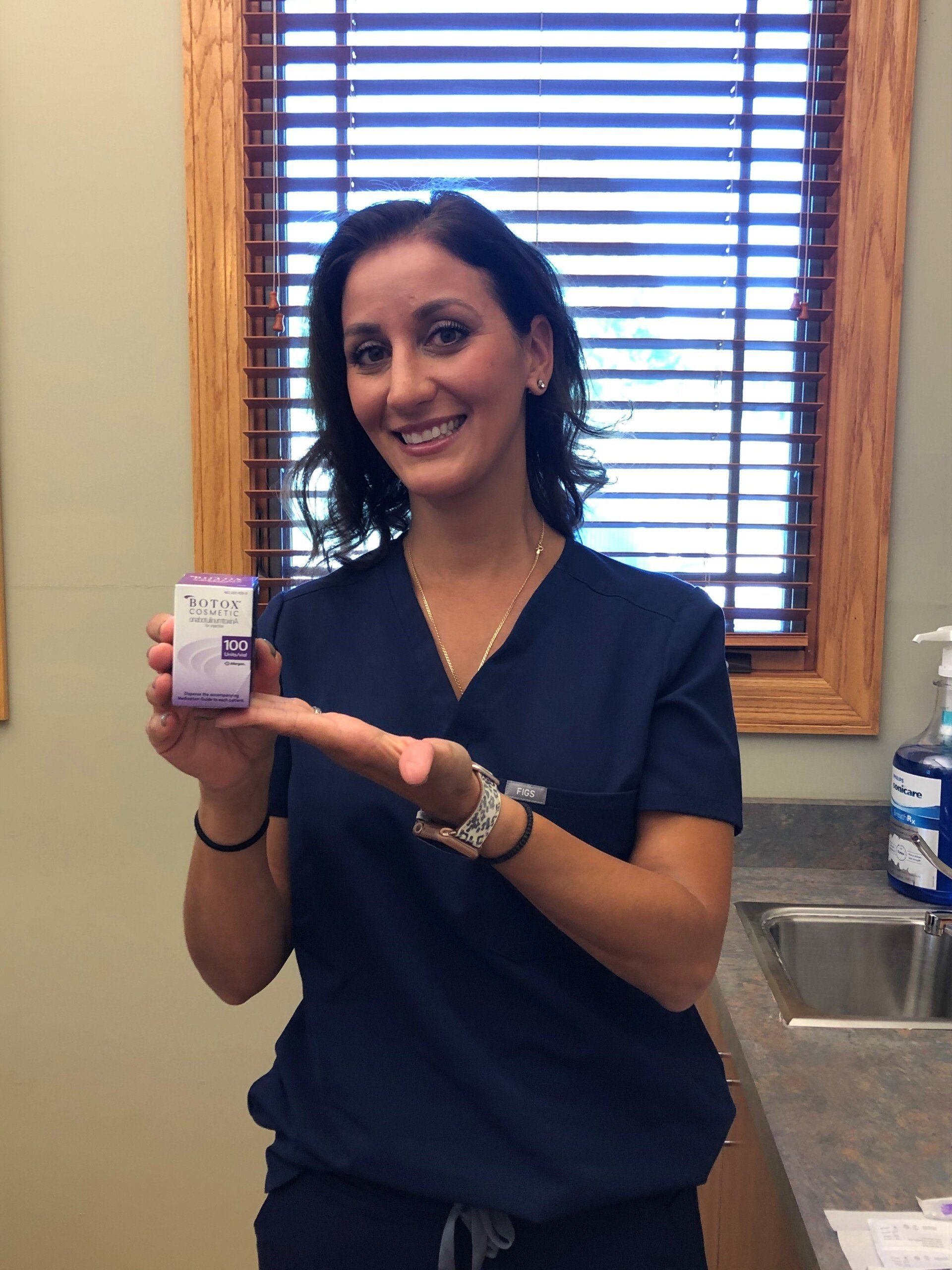What You Need to Know About Severe Bruxism
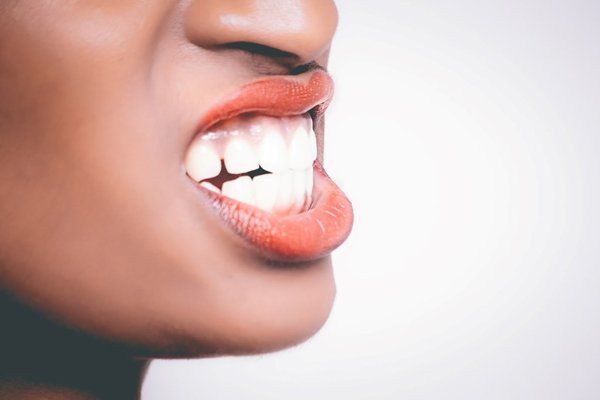
Bruxism (nighttime tooth grinding) may not sound like a big deal at first, but it can permanently damage your dental health if you end up with a severe case.
Here's what you need to know about severe bruxism.
What Is Bruxism?
Unlike daytime jaw clenching, bruxism is a completely unconscious habit that you can't simply control by thinking about it. So if your dentist finds evidence of bruxism, you'll need to have it treated as a medical condition rather than simply trying to break yourself of the habit.
Symptoms
Bruxism can have many symptoms, such as:
- Sensitive teeth
- Flattened or worn down chewing surfaces
- Headaches
- Tight facial and jaw muscles
- Chips or fractures in teeth
A few of these symptoms could be caused by something else, but if you have severe bruxism, you're likely to have many symptoms, and possibly severe ones.
Co-Occurring Issues
In many cases, bruxism can co-occur with issues such as temporomandibular joint disorder (TMJ) and daytime jaw clenching. Your dentist may not always know which issue came first, and they may treat each issue separately. For instance, you may need therapy for your temporomandibular joint in addition to bruxism treatment.
Why Do You Have Bruxism?
In order to understand the condition, you'll want to get a complete picture of which parts of your life could be affecting your bruxism and vice versa. Here are some things you'll want to know about what causes bruxism.
Causes
Not every case of bruxism has a clear cause, but several factors may precipitate the issue or increase your risk of developing bruxism. These can include a misaligned bite, sleep apnea, or stress that causes you to clench your jaw throughout the day.
Exacerbating or Worsening Factors
You may be wondering why your case is worse than most. Some factors that could make bruxism worse include:
- A habit of chewing gum throughout the day
- Increased stress in your daily life (including emotional stress such as anxiety)
- Drinking alcohol and smoking
If these factors sound familiar, you may be able to address them and reduce the severity of your bruxism.
What's the Prognosis?
A diagnosis of severe bruxism isn't the end of the journey. Now that you know what's wrong, you need to treat it immediately before it can cause any further damage to your oral health. Fortunately, several treatments are available.
Typical Treatments
Your dentist will likely want you to wear a professionally fitted nightguard (a mouth guard used at night), effective immediately. Although it doesn't stop you from grinding, a mouth guard will lessen the shock to your enamel.
Your dentist will want to get to the root of the problem too by treating any possible causes. For example, if you have bite misalignment, you'll likely need orthodontic work. And if you have suspected sleep apnea, you may be referred for a sleep study. Your dentist may also recommend relaxation practices before bed to avoid worsening your bruxism due to stress.
Effects if Untreated
Extreme bruxism can severely damage your oral health. In addition to any symptoms you already have, such as jaw pain, headaches, and worn enamel, severe bruxism can cause much worse damage over time. You can expect issues such as:
- Chipped, cracked, and broken teeth
- Completely lost enamel on chewing surfaces
- Receding gums
- Damaged periodontal ligaments, leading to loose teeth
- Bone loss in jaw, potentially leading to tooth loss
- Cavities due to enamel loss and exposed dentin
As you can see, severe bruxism is no light matter. Unlike a milder form of this problem, a severe case can destroy the health of both your teeth and your gums over time. So be sure to follow any treatments your dentist prescribes in order to stave off worsening damage.
Bruxism can come in several levels of severity. If you suspect you have bruxism, you need to get a professional diagnosis right away so you can commence treatment. Schedule an appointment with your friendly local dentists at Silver Lake Family Dental today.

